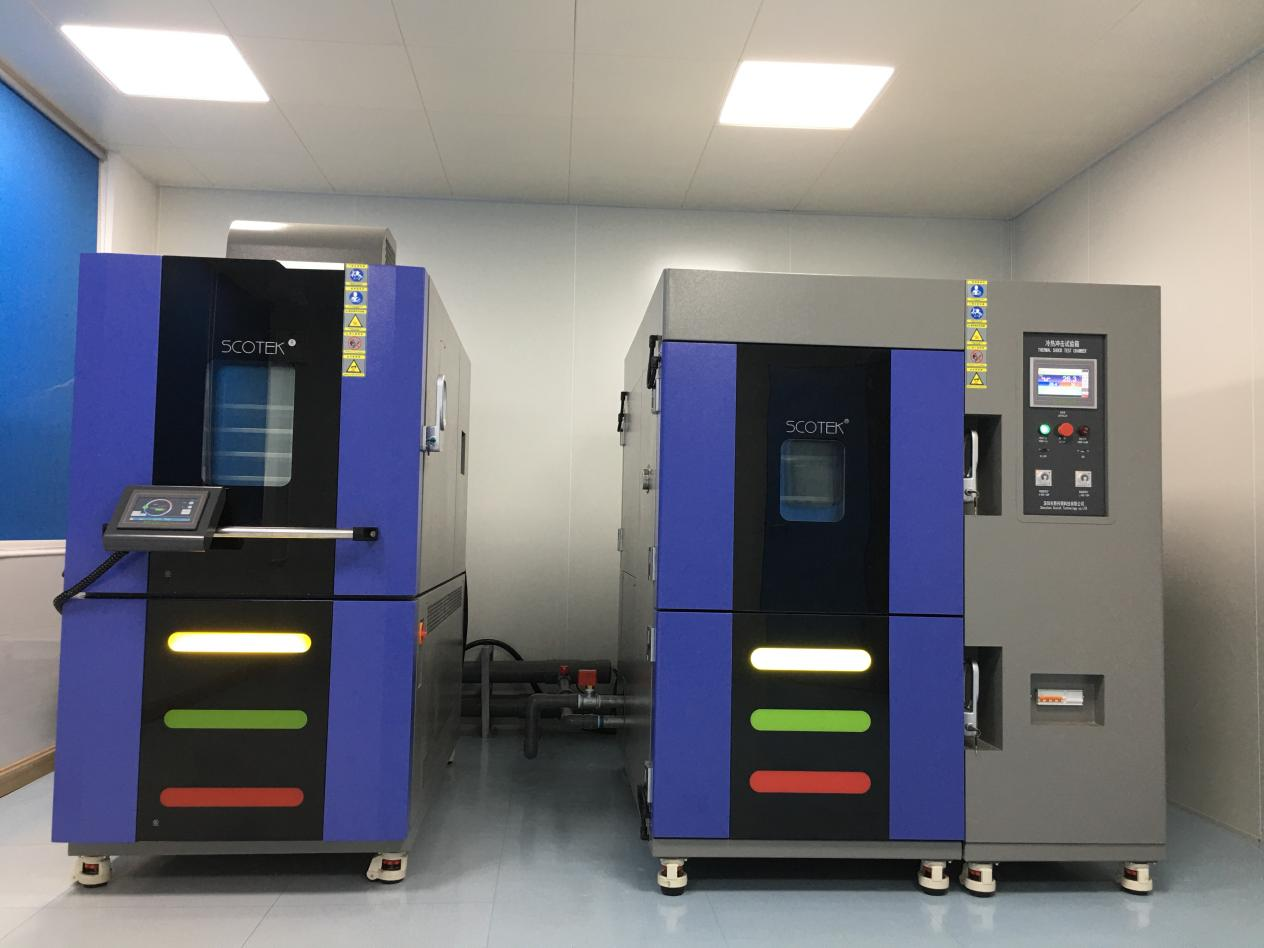SERVICE

-
IC Counterfeit Detection
- IC Counterfeit Detection-Introduce
-
Non-Destructive Testing (NDT)
-
Destructive Testing
-
Value-Added Services
-
Destructive Physical Analysis (DPA)
- Destructive Physical Analysis (DPA)-Introduce
- External Visual Inspection
- X-Ray inspection
- Functional Testing (FT)
- Particle Impact Noise Detection (PIND/PIN-D)
- Hermeticity
- Internal Water Vapor
- Scanning Acoustic Tomography (SAT Testing)
- Solderability Test
- Decapsulation/Delid Test
- Bond Strength
- Die Shear Strength
- Configuration
-
Failure analysis
- Failure analysis-Introduce
-
Non-Destructive Analysis
-
Electrical Testing
-
Fault Location
-
Destructive Physical Analysis (DPA)
-
Physical Analysis
-
Engineering Sample (ES) Packaging Service
-
Competitor Analysis
-
Development and Functional Verification
- Development and Functional Verification-Introduce
-
New Product Development Testing (FT)
-
Key Functional Testing
-
Materials Analysis
- Materials Analysis-Introduce
-
FIB Circuit Edit
-
Structural Observation
-
Compositional Analysis
- EDS Analysis
-
Reliability Testing
- Reliability Testing-Introduce
-
Reliability Verification of Automotive Integrated Circuits (ICs)
-
Environmental Testing
-
Mechanical Testing
- Pull Test
- Die Strength Test
- High Strain Rate Test - Vibration Test
- Low Strain Rate Test - Bending Test
- High Strain Rate Test - Mechanical Shock Test
- Package Assembly Integrity Test - Wire Bonding Integrity
- Package Assembly Integrity Test
- Combined Vibration/Temperature/Humidity Test
- Combined Temperature/Humidity/Vibration/Altitude Test
- Free Fall Drop Test
- Box Compressive Strength Test
-
Corrosion Testing
-
IP Waterproof/Dust Resistant Test
-
Electromagnetic Compatibility (EMC)
- Electromagnetic Compatibility (EMC)-Introduce
- Immunity to Conducted Disturbances, Induced by Radio Frequency (RF) Fields
- Conducted Immunity Test
- Specific Absorption Rate (SAR) Testing for Electromagnetic Radiation
- Electrical Fast Transient/Burst (EFT/B) Test
- Voltage Flicker/Fluctuation Test
- Voltage Dips, Short Interruptions and Voltage Variations Immunity Test
- Power Frequency Magnetic Field (PFMF) Immunity Test
- Harmonic Interference Test
- Electrostatic Discharge (ESD) Immunity Test
- Surge/Lightning Immunity Test
- Radiated Emissions (RE) Test
- Radio Frequency (RF) Test
-
Chemical Analysis
- Chemical Analysis-Introduce
-
High-Performance Liquid Chromatography (HPLC)
-
Pyrolysis-Gas Chromatography-Mass Spectrometry (PY-GC-MS)
-
Inductively Coupled Plasma Optical Emission Spectroscopy (ICP-OES)
- Flame Retardancy Test
Description:
The rapid temperature change test is conducted to evaluate the adaptability of a product to rapid temperature fluctuations in storage, transportation, and usage under varying climatic conditions. The test procedure typically follows a cycle of ambient temperature → low temperature → low-temperature dwell time → high temperature → high-temperature dwell time → ambient temperature. It aims to assess the functional characteristics and operational functionality of the sample after exposure to temperature changes or continuous temperature variations.
The rapid temperature change test is usually defined with a temperature change rate of ≥3℃/min, transitioning between predefined high and low temperatures. A faster temperature change rate, wider range of high/low temperatures, and longer test duration indicate stricter testing conditions. Temperature shocks generally have a greater impact on areas closer to the equipment’s outer surface, with less significant effects as the distance from the surface increases. The influence of temperature changes on enclosed equipment is mitigated by transportation boxes, packaging, and similar measures. Drastic temperature fluctuations may temporarily or permanently affect the operation of the equipment.
Purpose: to assess the storage and operational adaptability of a product under temperature variation conditions. Qualification tests are conducted to determine if the product meets relevant standards, while improvement tests primarily evaluate the durability and reliability adaptability of the product to temperature changes.
Scope of Application :
Widely used in electrical and electronic, vehicles, medical, instrumentation, petrochemical and other fields, the whole machine, components, packaging, materials and so on.
Image of Rapid Temperature Change Testing Equipment:
Test Temperature Range: -65℃ ~ 175℃; Temperature Change Rate: 0℃/min ~ 15℃/min.





 Weixin Service
Weixin Service

 DouYin
DouYin
 KuaiShou
KuaiShou











